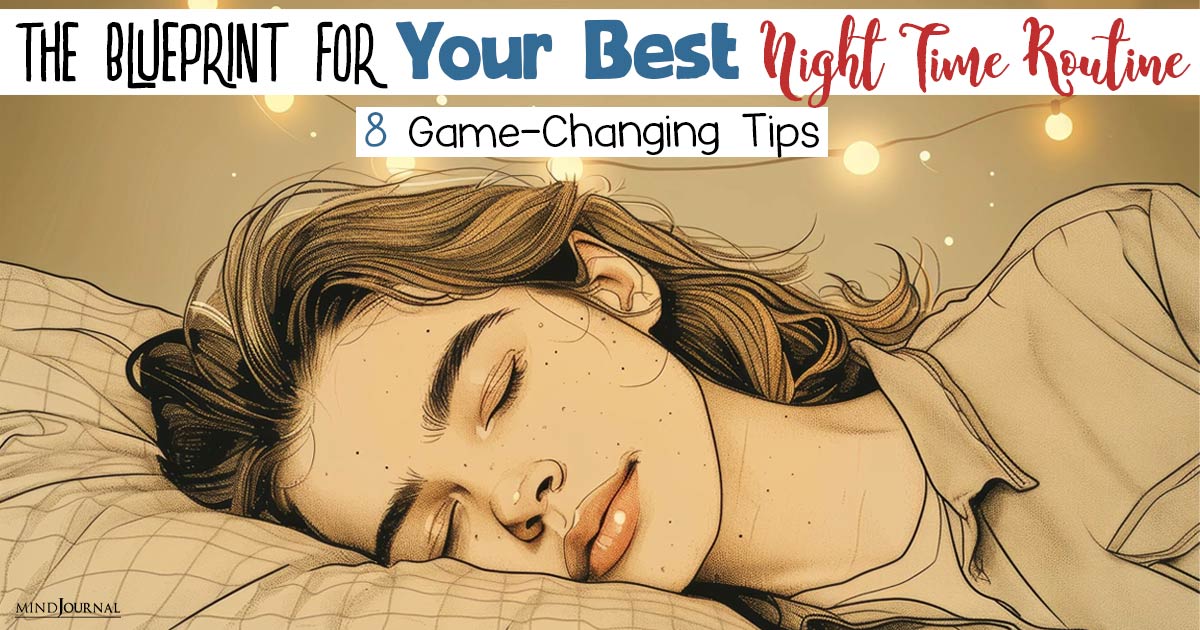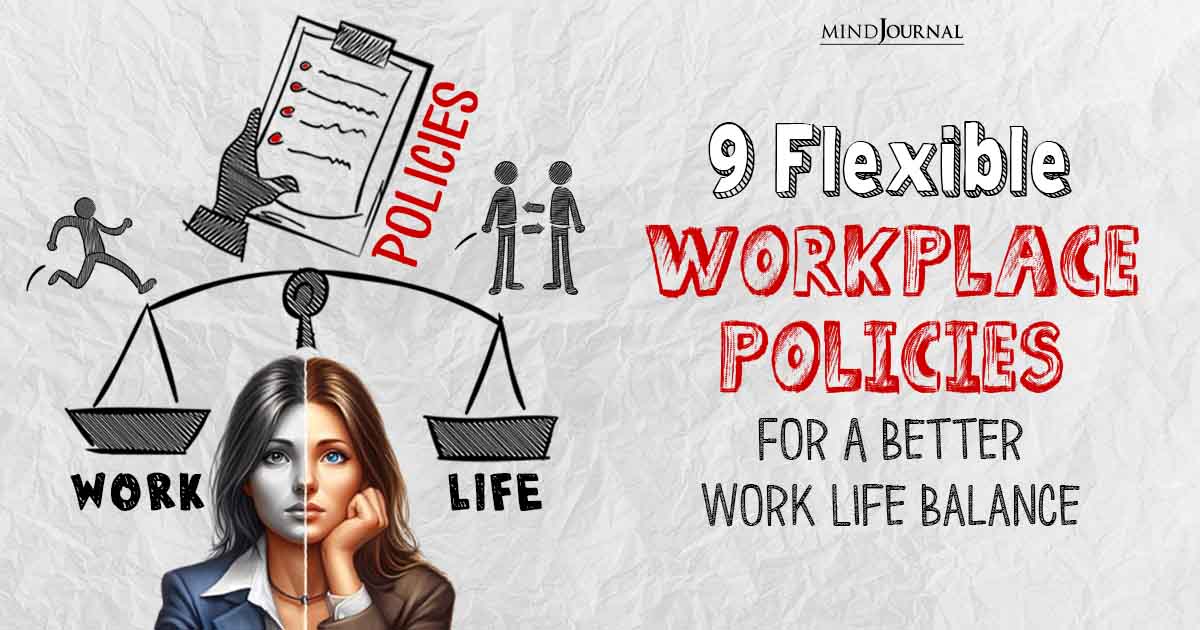Your thought pattern might contribute to predicting your life span for you.
Advances in health, education, disease prevention, and treatments are high on the list of things that have allowed people to extend their lives, especially since chronic medical conditions and engaging in unhealthy behaviors are known risk factors for early death.
However, findings from a longitudinal study of over 6,000 adults suggest that certain psychological factors may be the strongest predictors of how long we’ll live.
The findings are published in Psychological Science, a journal of the Association for Psychological Science.
Your ideas about death determine your behavior in life.
“Our study shows that two psychological variables, lower self-rated health and age-related decrements in processing speed, appear to be especially important indicators of elevated mortality risk in middle-aged and older adults,” says psychological scientist Stephen Aichele of the University of Geneva in Switzerland.
“This information may facilitate diagnostic accuracy and timely interventions.”
Researchers around the different parts of the world are gradually integrating researches on how our energetic and emotional states affect our health. How we connect emotionally to our overall wellness and well being may indeed be more relevant than any supplement, food, exercise, medical intervention, or health treatment.
Our physiological and psychological aspects are interlinked. This is often called the “mind/body connection.” When you are stressed, anxious, or upset, your body tries to warn you about something.
For example, high blood pressure or a stomach ulcer might develop after a particularly stressful live event, like the death of a close family member or separation in marriage.
Related: 23 Science Backed Ways To Boost Happiness In Your Life
Aichele and colleagues Patrick Rabbitt (University of Oxford, UK) and Paolo Ghisletta (University of Geneva, Switzerland) were interested in investigating the relative influence of cognitive, demographic, health, and lifestyle variables in predicting mortality risk. While previous research had provided some clues as to the roles played by these variables, comprehensive longitudinal studies were few and far between.
“It has been long known that particular factors such as illnesses, socio-economic disadvantage, cognitive decline, and social support determine how long we survive in old age,” explains Aichele. “The problem has been that these and other markers for mortality have been tested separately, rather than together. Given that they are strongly associated with each other, it makes it difficult to determine which variables most influence mortality risk.”
To address this gap in the available research, Aichele and colleagues turned to the Manchester Longitudinal Study of Cognition, examining 29 years’ worth of data collected from 6,203 adults who ranged in age from 41 to 96 years old when they began the study.
Aggregating data from 15 different tasks, the researchers looked at participants’ cognitive performance across five domains of ability: crystallized intelligence, fluid intelligence, verbal memory, visual memory, and processing speed. The tasks–all well-established measures of cognitive ability–were administered up to four times over a 12-year period, allowing the researchers to assess participants’ baseline performance and change in performance over time for each domain.
To gauge participants’ health, the researchers used the Cornell Medical Index, a measure that includes detailed checklists of a total of 195 pathological symptoms related to physical and psychological disorders.
Finally, the researchers looked at participants’ subjective reports of various lifestyle factors, including perceived health, number of prescribed medicines they took, their sleep patterns, hobbies, leisure activities, and their patterns of social interactions.
Related: How To Smile More for Health, Happiness, and Longevity
People who consider themselves self-disciplined, organized achievers live longer and have up to an 89% lower risk of developing Alzheimer’s than the less conscientious.
When you’re good at focusing your attention, you use more brainpower, says the lead researcher in both studies, Robert S. Wilson, PhD, a professor of neurological sciences and psychology at Rush University Medical Center in Chicago.
About 17% of Americans are “flourishers”. They have a optimistic view towards life, a sense of purpose and community, and are healthier than “languishers” – about 10% of adults who don’t feel good about themselves. Most of us fall somewhere in between. “We should strive to flourish, to find meaning in our lives,” says Corey Keyes, PhD, a professor of sociology at Emory University. “In Sardinia and Okinawa, where people live the longest, hard work is important, but not more so than spending time with family, nurturing spirituality, and doing for others.”
Using two types of statistical analysis, the researchers were able to assess the relative importance of a total of 65 different variables in predicting participants’ mortality risk.
The results revealed subjective health and mental processing speed to be two of the strongest predictors — that is, better perceived health and smaller decreases in mental processing speed over time were associated with reduced mortality risk.
Being a woman was also associated with reduced mortality risk, while years of smoking tobacco was linked with an increased risk of early death.
The influence of the two psychological factors relative to known medical risk factors, such as cardiovascular symptoms, came as a surprise:
The result that psychological variables are so strongly linked to mortality risk is very surprising because much extant evidence supports the hypothesis that the strongest predictors of survival in old age are of medical or physiological nature. – Aichele.
These findings may provide useful insights to health professionals, who need better methods for identifying individuals at risk of early death.
“Addressing the needs of an aging global population will require accounting for numerous morbidity and mortality risk factors, such as demographic variables, health conditions, functional capacities, mental abilities, and social support,” the researchers conclude.









Leave a Reply
You must be logged in to post a comment.